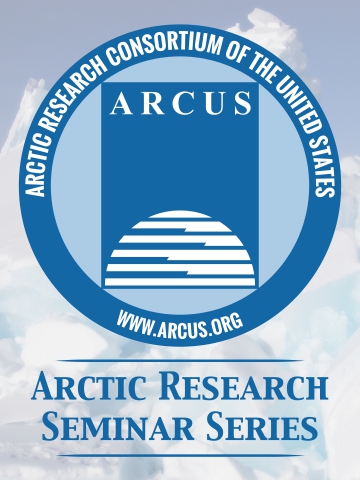Join us for this webinar to hear directly from Yugra State University’s leading researchers on the University’s ongoing and future scientific projects linked to the Arctic and climate change. Topics include: environmental monitoring, paleo-climate reconstruction, peatlands & wetlands and, carbon cycling. Discover the fantastic Mukhrino Research Station and hear about opportunities for fieldwork in West Siberia, and learn more about the region and what makes it a unique research environment.
Located in the north of West Siberia, Yugra State University is an exciting place for Arctic research. A member of the University of the Arctic, the University is home to the UNESCO chair on “Environmental dynamic and global climate changes” and manages its very own Mukhrino Research Station which is part of the EU Horizon 2020 INTERACT programme.
The University has links with the UK science community and is keen to develop more. In February this year, ARCTIS2020 - a bespoke UK-Russia field course for early career researchers in the Russian Arctic - was organised in Khanty-Mansyisk, at the University and the Mukhrino Research Station, by the UK Polar Network and APECS Russia.
Speakers
Dr. Evgeny Zarov: Researcher, UNESCO chair “Environmental dynamic and global climate changes”, Yugra State University (Khanty-Mansiysk, Russia).
Research interests: peatlands and peat properties, GIS, carbon sequestration and its storage in the high latitude soils, hydrology.
Studied at Saratov State Technical University (Russia), Faculty of Ecology, and Utrecht University (the Netherlands), Faculty of Physical Geography. Arrived at Yugra State University in 2009 and has been involved in science activities of the UNESCO chair. 11 years of active field work in West Siberian taiga and tundra zones. Involved in several international scientific and educational projects (including Interact, ERASMUS+, CNRS.). Current activities are related to developing international collaboration.
Dr. Nina Filippova: Senior researcher, UNESCO chair “Environmental dynamic and global climate changes”, Yugra State University (Khanty-Mansiysk, Russia).
Research interests: mycology, funga of West Siberia, fungi of peatlands.
Since 2007 Nina has been working in Yugra State University as an engineer of Mukhrino research station, researcher of UNESCO chair. Since 2010 Nina has been developing the collection of fungi (the Fungarium of Yugra State University) and is involved in the regional initiative on biodiversity data digitisation. Nina is actively participating in science outreach and set up a local mycological society and a citizen science community in the region. Google scholar & Research gate profiles.
Dr. Egor Dyukarev: Lead researcher, UNESCO chair “Environmental dynamic and global climate changes”, Yugra State University (Khanty-Mansiysk, Russia).
Research interests: climate change, microclimate, heat and mass transfer, soil temperature, bog ecosystems, carbon balance, greenhouse gases, methane, carbon dioxide, mathematical modeling.
Graduated from Tomsk State University: Master’s (1995), PhD (1999). Has published about 50 peer‐reviewed scientific articles and five book contributions related to carbon balance of West Siberian peatlands, regional climate changes, analyses of microclimates of wetland and forest landscapes, vegetation cover mapping using satellite images, and observation and modelling of soil thermal regimes with a focus on seasonal frozen layer dynamics. Currently working with chamber techniques for measuring and estimating GHGs fluxes in wetland ecosystems and modeling wetland soil thermal regime.
This webinar is organised by the NERC Arctic Office, UK Science and Innovation Network in Russia and Yugra State University.

